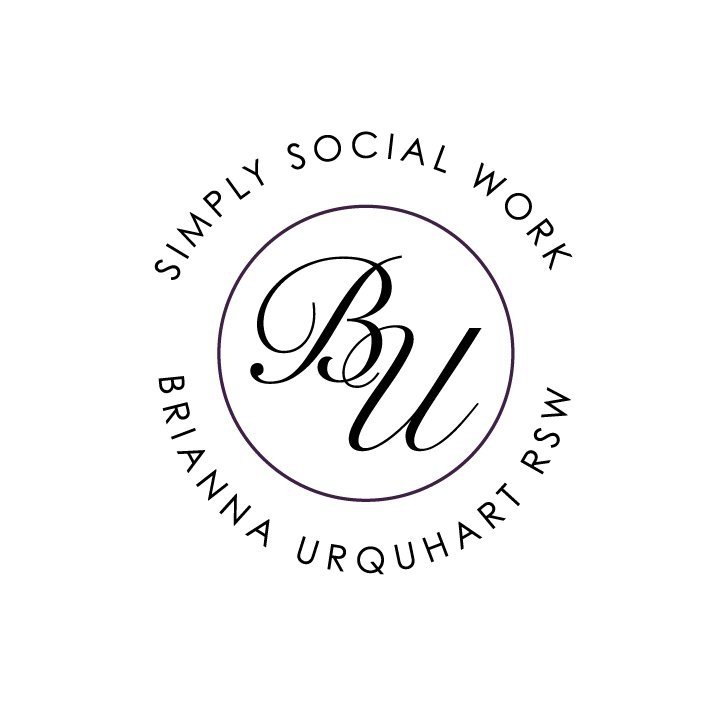Caregiver Burnout
Caregiving is a difficult subject, because it means many different things to many different people. It can be something you do professionally or provide for a loved one. It can be a choice or obligation - or, at times, feel like both of those things at once. Caregiving can be a positive act that may feel empowering. Other times, it may make you want to cry or even scream with frustration.
I’m here to tell you that caregiving can be a spectrum, and feeling things at either end is not just okay - it’s 100% normal and completely understandable. Your emotions are valid, and struggling does not say anything negative about you. In fact, I argue that some of the things that make caregiving tough are what also make you such a good caregiver. But caregiving comes at a price, and oftentimes that cost becomes something far too high and alarming if left unaddressed.
I’m talking about caregiver burnout.
Causes
Caregiver burnout sounds just like the name: it’s a state of physical and emotional exhaustion. It occurs when caregivers don’t receive support, or are responsible for more than they are physically or financially capable of doing on their own. Caregivers often prioritize the needs of others before their own, and therefore stop caring for themselves or pursuing their own interests.
Life also doesn’t just stop for caregivers, so there is often the added strain of trying to juggle multiple roles and responsibilities alongside this new role. Caregivers want to provide the best care they can, and sometimes this means putting pressure on themselves to meet an unrealistic standard of perfection at all times.
This is a common problem among caregivers. Studies have found that more than ½ of caregiver report feeling overwhelmed, anxious, worried, or frustrated - all emotions that contribute to burnout.
Caregivers also often experience isolation due to the nature of their roles and responsibilities, and so they are at increased risk of caregiver burnout if they also live with the person they are caring for.
Warning Signs
Withdrawal from friends and family
Loss of interest in previously enjoyed activities
Feeling irritable, hopeless, & helpless
Changes in appetite and/or weight
Changes in sleep patterns
Increased illness
Impact
If left untreated, caregiver burnout is harmful to both the caregiver and the person receiving care.
As a caregiver, it can be seriously detrimental to your physical, mental, and emotional wellbeing. The stress that leads to burnout involves cortisol, often known as the “stress hormone”, more often than the body is equipped for. This results in a whole host of potential health concerns, such as:
reduced energy (including chronic fatigue)
Weaken your immune system
Decrease your metabolism (impacting hunger and weight gain)
Migraines
Acid reflux disease
Hypertension
Depression and anxiety
Caregiver burnout goes hand-in-hand with compassion fatigue, which when your physical and emotional exhaustion lead to a diminished ability to empathize or feel compassion for others. This is problematic not just for the care you are providing, but it can also spread to include your personal relationships as well, including your romantic partner, friends, and family.
The more burnt out you are, the harder it is to provide care for others and yourself, and this can end up creating a negative feedback loop. To learn more about how to break this cycle and prevent caregiver burnout, stay tuned for an upcoming blog post dedicated to coping strategies or head over to my Instagram for tips.




